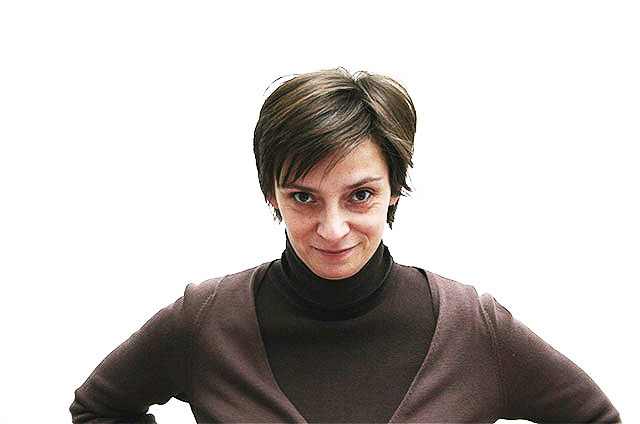“Family? A large, widespread network with many contributors”.

Ms. Arlamovsky, what was your personal motivation for making this film?
In my work, I am actually always concerned with the female body and the demands that are placed on it.
I think involuntary childlessness is a big problem for those it affects that really gets to you and has always entailed creative to messy solutions since time immemorial. Above all, women are still under quite a bit of pressure to produce offspring.
FUTURE BABY tries to show how much the wishes of intended parents and the offers of medicine intertwine and children, as perfect children as possible, are made with the help of people who are then again faded out in the conventional father – mother – child myth. I wanted to reunite these images.
What is family?
I myself am a mother of now grown children and an active adoptive and foster mother. I understand family as a large, widely ramified network with many contributors – and as a place where one experiences security. In my opinion, for the sake of the children, we must really try to expand the concept of family so that all those who belong to the system can find a place in it, be seen and respected – even if this is sometimes not easy.
What is family in 15 years?
In 15 years we will see even more self-determined women and men who, if they want to have children, will have them. The marketing of reproductive medicine will address target groups in an even more differentiated way, and knowledge of the various ways to have a child will become part of general knowledge.
Reproduction with the help of third parties – i.e. people who are not life partners but first of all “strangers, donors” – will become more commonplace.
From this, a far more branched family network will be created for the resulting children – which all parties will have to learn to deal with.
I hope that by then the idea that children should have a right to know about their ancestry and not remain in the dark about where they come from and how they were made will have been accepted. Belonging will have to be renegotiated. The role repertoire of the adults involved must adapt to the needs of the children, be more flexible to the needs of the children to be able to give a family feeling and security to the children.
Did you ever reach your own moral limits during filming?
Again and again I have felt uncomfortable, especially where the medical profession wants to show you how wonderful everything is. Facts are not put on the table, everything is glossed over. The hope for the longed-for child blinds the customers. The “baby-take-home” rates are still very low, the use of hormones for women is immense and it is not yet possible to estimate the real impact, the exploitation of precarious conditions to get egg donors and surrogate mothers is ignored, the bonding and identity issues of children are dismissed as insignificant. The genetic imperative with all its basic eugenic attitudes is declared the norm.
Are there moral limits to the topic of childbearing and reproductive medicine?
I guess the question is, why do I really need a child? What do I want to fulfill with it? Do I need a meaning in life or status, do I want to bind my partner, does a child promise me happiness, does it help against the feeling of not being loved, of being alone?
How far do I want to go to have a child, what limits do I want to overcome for this? These are questions that everyone must answer for themselves.
FUTURE BABY is conceived as a film in which you can ask yourself step by step if you would take the next step yourself.
What would you do if you were single and wanted a baby?
I would get sperm from a man with whom I want to live shared parenthood. So someone who also wants a child but not necessarily a relationship. It would be very important to me that my child has the possibility to mirror itself in the persons from whom it descends – so that it can integrate all its parts – without coming into conflicts of loyalty.